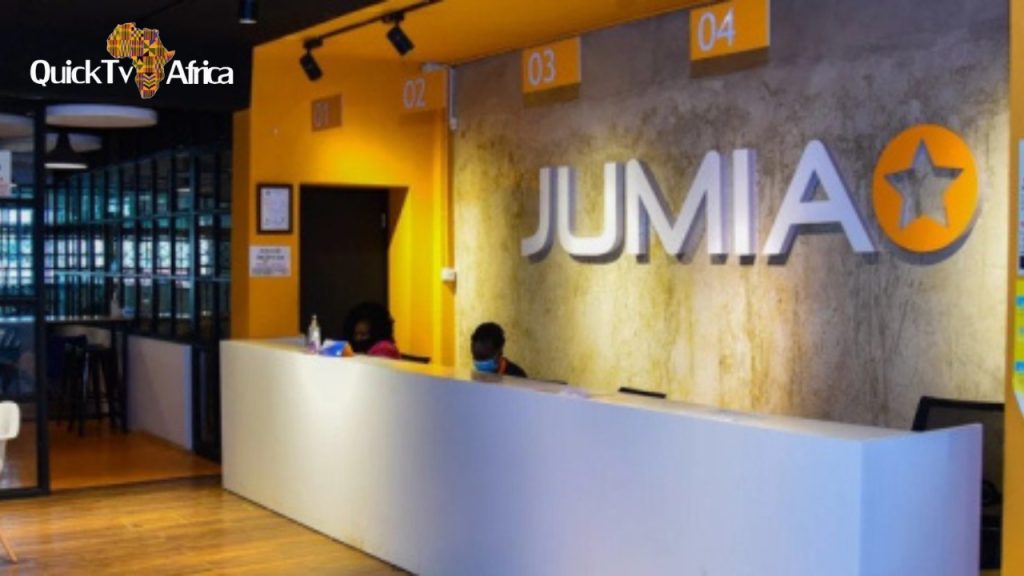Jumia Technologies AG, a major player in e-commerce, reported an operational loss of $20.1 million in Q3 2024, a 10% year-over-year rise over the $18.3 million reported in the same period the previous year.
Despite notable currency devaluation in Nigeria and Egypt, the company’s core operational markets remained resilient, as seen by its $36.4 million in revenues, which represented a 13% year-over-year decline but a 9% growth in constant currency terms.
For the quarter, Jumia’s Gross Merchandise Value (GMV) was $162.9 million, which was up 29% in constant currency but down 1% year over year.
Positive Trends
Orders increased by 4%, indicating consistent usage despite external constraints, and the company reported a small gain in its quarterly active customer base, growing 1% year-over-year, despite the reduction in revenue.
Additionally, Jumia reported an improved liquidity position of $164.6 million, which was supported by the proceeds from its At-the-Market (ATM) offering in August 2024.
This contrasts with a $19 million drop in liquidity in Q3 2023, giving the business more resources to boost expansion while keeping spending under control.
Comments from the company
“We are encouraged to see continued resilience in our usage and business fundamentals despite the significant first quarter currency depreciation headwinds in Nigeria and Egypt that continue to impact reported GMV and topline revenue,” said Francis Dufay, CEO of Jumia, in response to the results.
In order to improve efficiency and boost supply capacity, we implemented a number of significant operational measures throughout the quarter, such as consolidating our warehouse footprint and enhancing our logistics network.
We think that these efforts put us in a good position to scale and generate profitable growth as we expand our footprint outside the big cities (also known as “upcountry”), even though these adjustments had a negative impact on operations and spending in the third quarter.
Strategic Market Exits
Jumia stopped operations in South Africa and Tunisia as part of its strategic repositioning in order to reallocate resources to markets with faster development.
This action comes after a thorough analysis of the company’s footprint with the goal of streamlining its logistics network and combining its warehouse activities.
“We think that our efforts position the business well to scale on our path to profitability, even though these updates will have a short-term impact on our operations and financial performance,” Dufay stated.
The company stated last month that it was making the strategic decision to withdraw from South Africa and Tunisia in order to maximise its resources and concentrate on regions with greater room for expansion around the continent, such as Nigeria.
It further stated that the decision was made after a review of its activities in the two nations, which made up a minor portion of the company’s total revenue.
Jumia reports that South Africa and Tunisia provided only 3.5% and 2.7% of total orders and 4.5% and 3.0% of gross merchandise value (GMV) for the year ending December 31, 2023, and the first half of 2024, respectively.
Things you should be aware of
Jumia’s CEO, Dufay, who has been putting several initiatives into place to reduce the company’s losses and bring it towards profitability, expressed optimism that the company would return to growth this year while further reducing its losses after announcing a 64% decrease in operating loss for 2023, down to $73 million.
He asserted that Jumia’s strategic emphasis was evident in the outcomes of the most recent quarters, which positioned the company for topline growth and better cash utilisation in 2024.
Prior to that, Jumia had reduced its headcount by 20% in Q4 2022 as part of plans to reduce its ongoing losses and turn a profit. This action resulted in the departure of 900 employees.
Jumia Food, the company’s food division, was also forced to close after it was determined to be unprofitable.

